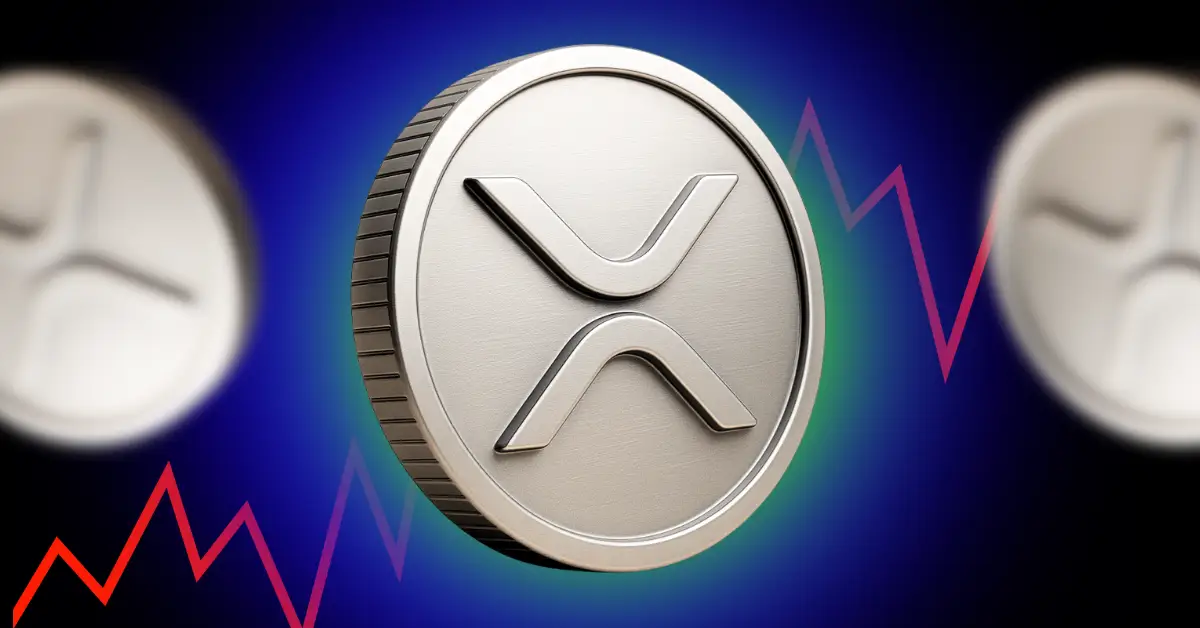 CaryptosHeadlines Media Has Launched Its Native Token CHT.
Airdrop Is Live For Everyone, Claim Instant 5000 CHT Tokens Worth Of $50 USDT.
Join the Airdrop at the official website,
CryptosHeadlinesToken.com
CaryptosHeadlines Media Has Launched Its Native Token CHT.
Airdrop Is Live For Everyone, Claim Instant 5000 CHT Tokens Worth Of $50 USDT.
Join the Airdrop at the official website,
CryptosHeadlinesToken.com
According to a latest Bloomberg report, President Trump announced a 25% tariff on all non-U.S. manufactured cars, effective April 3. This tariff, added to the existing 2.5%, aims to boost U.S. manufacturing. Cars built in the U.S. will be exempt, and automotive parts complying with the U.S.-Mexico-Canada Agreement (USMCA) will also be exempt.
“What we’re going to be doing is a 25 per cent tariff on all cars that are not made in the United States. This will be permanent,” Trump said from the Oval Office. “We start off with a 2.5 per cent base, which is what we’re at, and go to 25 per cent.”
Additionally, if parts are produced in the U.S. but the vehicle is not, those parts will be exempt from the tariff. The tariff would apply to fully assembled cars and essential auto components, such as engines, transmissions, powertrain parts, and electrical components. The list may grow over time to include more items.
“We’re going to charge countries for doing business in our country and taking our jobs, taking our wealth, taking a lot of things that they’ve been taking over the years,” he added.
Tariff Exempts USMCA Compliant Auto Parts
Trump argues the tariffs will boost U.S. manufacturing and eliminate the “ridiculous” supply chain involving the U.S., Canada, and Mexico.” Trump emphasized that the 25% tariff would simplify the process and help reduce U.S. debt significantly. He described the tariff as both a tax reduction and a way to improve the country’s financial balance sheet in the near future.
In February, Trump hinted at upcoming auto tariffs, and by Monday, he confirmed they would be implemented soon. He also suggested that some reciprocal tariffs might be less severe than expected, saying they could even be lower than those other countries have imposed for years.
Howver, the decision has sparked concerns about market volatility. Interestingly, he clarified that Elon Musk did not have a role in advising on this auto tariff policy, despite earlier comments suggesting that tariffs could be “net neutral or maybe good for Tesla.”
Foreign Leaders Criticise The Tariffs
Foreign leaders quickly criticized the tariffs, signaling that Trump may be escalating a global trade war that could harm worldwide growth.
European Commission President Ursula von der Leyen described the move as “bad for businesses, worse for consumers, Canada’s new Prime Minister, Mark Carney, criticized the U.S. trade move, vowing to defend Canadian workers and companies. Last year, Canada exported nearly C$50 billion in vehicles to the U.S., making autos a major export.
Tariffs May Drive Up Car Prices, Impact Sales and Jobs
Shares of U.S.-listed automakers dropped due to concerns that tariffs could disrupt the global auto industry. The U.S. auto industry depends on imported parts, and experts warn that these tariffs could make cars more expensive, limit choices for consumers, and result in fewer manufacturing jobs.
The new tariff may raise the price of imported cars, potentially contributing to inflation. Trump was voted back into the White House last year because voters believed he could bring down prices.
The auto tariffs are part of Trump’s broader plan to reshape global trade, with “reciprocal” taxes set to be imposed on April 2, matching tariffs and sales taxes charged by other countries.












